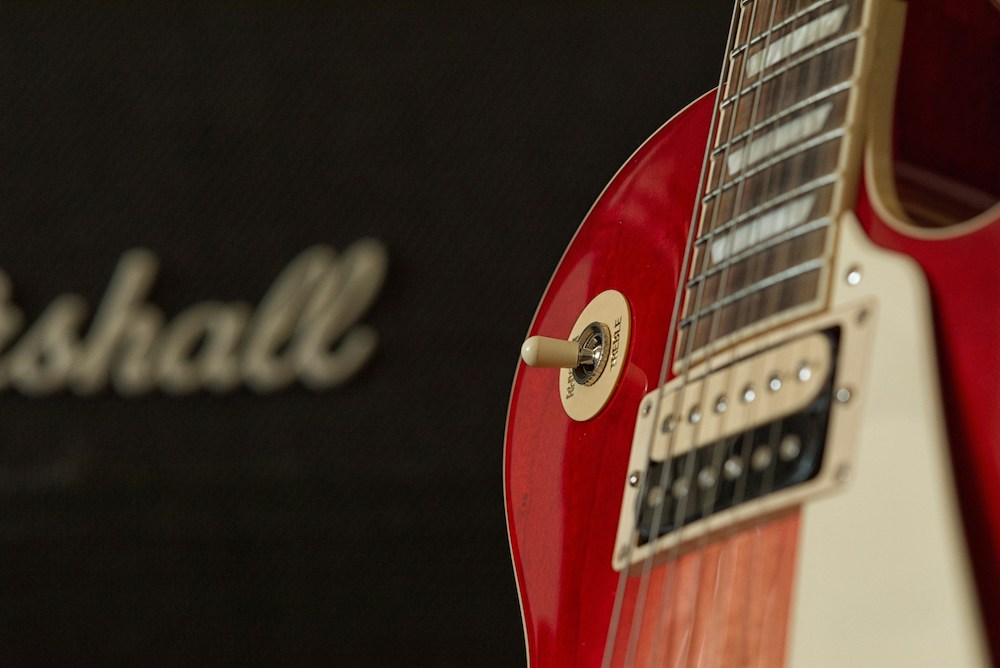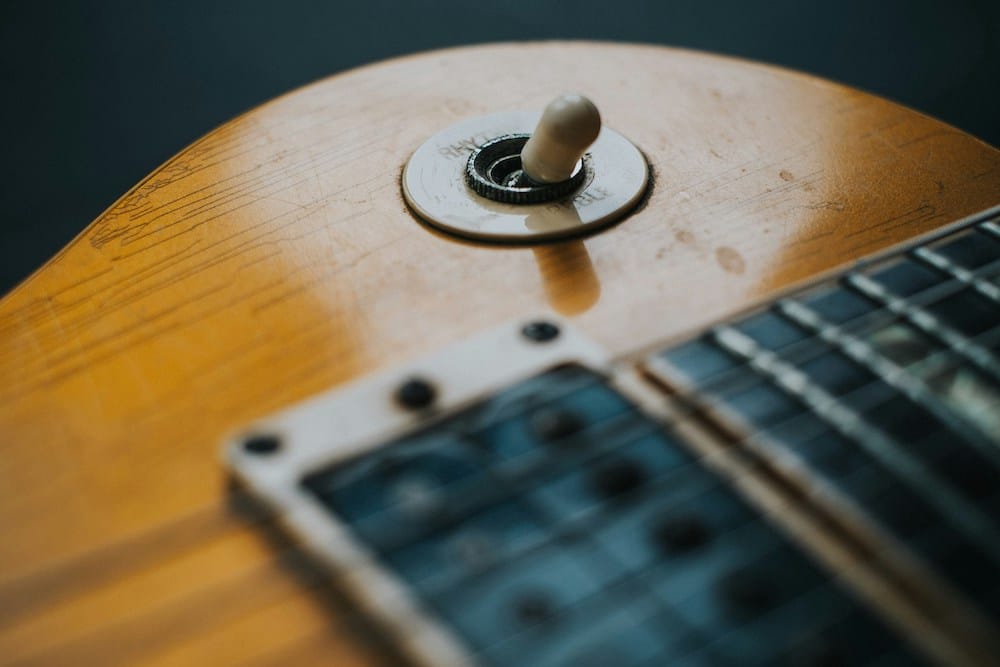
Claiming Tax Expenses As A Music Teacher – A Guide
Claiming Tax Expenses As A Music Teacher – What Can I Claim?
Claiming tax expenses as a music teacher can be quite confusing at times. When you’re wondering what you can claim, how much you can claim and whether or not you can put that new Gibson Les Paul through the books* it pays to be diligent and do your research.
So today, we’re going to take a closer look at claiming tax expenses as a music teacher and highlight some of the most important things you can claim as a music tutor.
*probably not a good idea, but speak to your accountant!
Our Top Tips for Self Employed Music Teachers
Before we begin – here are our essential tips for self-employed music teachers:
- Get an accountant
- Keep records
- Save 30% of fees where you can – you always want to be safe
- Did we mention get an accountant?
- Be honest – you don’t want to run into a nasty penalty
- Pay on time to avoid penalties
Self Employment Tax and Music Teachers
First of all, HMRC states that “if you are self-employed as a ‘sole trader’ and earned more than £1,000 in the last tax year, you have to send a tax return.”
HMRC also states: “If you’re self-employed, your business will have various running costs. You can deduct some of these costs to work out your taxable profit as long as they’re allowable expenses.”
This means that to run your business as a music teacher, whether online or in-person, you:
- A: Have to pay tax and;
- B: Can deduct some of these costs and get them back
If you’re a self-employed music teacher you’ll likely be able to claim back quite a few expenses, which could be part of your internet bill for online lessons, equipment, a percentage of your house, strings, drum sticks – the list goes on. Within reason of course.
Just remember you will have to send a tax return and be able to demonstrate, at any time, that your expenses were accrued as a direct result of you being a music teacher.
Again, speak to an accountant should you need more advice.
So, what expenses can you claim back as a music teacher?
Be aware that this is not an exhaustive list. So we recommend you do your research into claiming tax expenses as a music teacher. But these are some of the most common things you can claim.
Let’s take a look.
1. Your Home Office Expenses
You’re going to be using part of your home or a home office to run lessons out of. Whether this is in person or via online music lessons.
Thanks to tax deductions, you can claim a percentage of the overall running costs of your home relative to this room. This could include heating, internet, home insurance, lighting and mortgage or rental costs.
Be aware though, this room MUST ONLY be used for business. If this room is also used for personal reasons or is another person’s bedroom – you can’t claim.
Here’s how you can work out the deduction of bills relative to the room you work from.
There are two ways you can do this.
Option #1
Find the total cost of running your home i.e. gas/heating, electricity, mortgage/rent, insurance, utility bills etc. and make a list.
Get the total cost and divide it by the number of rooms in the house.
Work out the single room deduction.
Example:
- You have 4 rooms in the house. Bills total £1000 per year.
- This means £1000 / 4 = £250
- This is your single room deduction.
Option #2
Again, find the total cost of running your home i.e. gas/heating, electricity, mortgage/rent, insurance, utility bills etc. and make a list.
Calculate the total square footage of upstairs. Calculate the total square footage downstairs.
Add them together to get the total house size in square feet.
Find the square footage of the space you will be working out of.
Find the percentage of this room in relation to the total house size.
This is the deduction you can make.
Example:
- The total square foot of the house is 1000 sq ft.
- The room is 300 square feet.
- 30% is your single room deduction.
2. Your Website
If you’re running a website for leads or to take bookings, you can claim the running costs back as you need this for your business.
This might include hosting, email costs, domain costs and even the likes of the cost of an email username.
3. Programs And Subscriptions
Need to keep up to date with the latest trends in drum magazines? Need Total guitar to keep up to date with the newest lessons for your business? You can claim a subscription back on tax as this is something that keeps your skills sharp.
You can also claim back subscriptions for website services relative to your business such as an ultimate guitar subscription online.
However, it’s worth noting that you can only claim things relative to your experience and job. You cannot claim a “home and gardens” subscription as it’s not relative to your business.
4. Training Courses
Training courses can also be claimed back on expenses for music teachers.
If you need a refresher course on some teacher training or some musical training to keep your skills sharp, you can potentially claim them back!
Bear in mind though that you can only claim allowable business expenses for training that is actually related to and helps you improve your knowledge related to your business.
For example, if you teach online Saxophone lessons, you can’t claim a tattoo course back. So, make sure it’s related!
5. Instruments And Related Expenses
Now before you rush out and buy that new Grand Piano or Pearl drum kit, speak to an expert accountant. You’ll likely already have an instrument that you can use to teach so you’re probably not going to run a brand-new guitar through the books.
However, you can claim back a range of expenses based on your instrument.
For example, you can claim:
- Instrument insurance
- Instrument repair costs such as set up or breakables
- Extras like cleaning materials
- Instrument stands
- Music stands
- Peripherals like pop shields
6. Motoring Costs
There are some restrictions on claiming motoring costs for music teachers. For example, if you claim mileage, you cannot claim other overall expenses and vice versa. So, you have to pick one option and stick with it for a year.
Let’s explain.
When claiming costs back for your car or van etc. you have to claim for 1 type of cost. These are split into:
- Mileage relief or;
- Overall expenses
For mileage relief, the HMRC has set it out as a flat rate.
You can claim:
45p per mile (Up to 10,000 miles)
25p per mile (All additional miles post 10,000)
If you’re back on the road travelling to students’ homes or classrooms, you’ll be thankful you can claim mileage as a music teacher!
Overall Expenses
Claiming overall expenses is a bit different as it includes everything associated with your car including road tax, tyres, oil, insurance, repairs, breakdown cover, maintenance, cleaning and other costs involved in owning a car or van.
The best way to work out the cost is to look at your usage for a whole year.
Here’s how you do it:
Get a list of all mileage and all costs for your vehicle for a year.
Let’s round this up to 5000 miles per year and running costs come to £1000.
From that figure – work out the business miles.
We’ll say it’s 1000 miles related to business. This means 20% of the milage that year was related to business.
20% use of your car was related to your teaching business.
Then, take your TOTAL usage and divide by 100 so you arrive at 1%.
Then multiply this figure by the percentage you used for business – which is 20.
Example:
- Cost = £1000 / 100 = £10
- Mileage Percentage = £10 x 20 = £200
This means you can claim a total business motoring cost for the tax year of £200.
This is great news as it helps you claim back some important costs as a mobile music teacher!
7. Office Costs
No doubt you’ll have a load of different home office peripherals and equipment such as printers etc.
Thankfully you can claim the costs back on stuff like that.
According to HMRC, you can claim expenses back on:
- Phone, mobile, fax and internet bills – who still has fax?!
- Postage costs
- Stationery
- Printing costs
- Printer ink and cartridges
- Computer software your business uses for less than 2 years
- Computer software if your business makes regular payments to renew the licence (even if you use it for more than 2 years) – this could be Photoshop or something that requires you to pay a monthly licence like Microsoft 365.
8. Advertising or Promo Materials
If you’re a music teacher you’re going to want to market yourself as much as possible!
You could be advertising online, in magazines, printing leaflets or creating posters to hang in music shops to get more music students.
You may even create a range of publicity materials such as badges, plectrums, stickers and even promo pictures.
Thankfully all these things fall under Advertising and Publicity materials, so you can claim expenses back.
9. Consumables
If you’re a guitar teacher, for example, you’re going to chew through a LOT of strings while you’re teaching guitar online or even in person.
Yep. You’ve guessed it – you claim the expenses back!
Strings, sheet music, plectrums, drumsticks all fall under consumables so you can claim them as expenses – you can’t do your job without them!
Again, this is not an exhaustive list of what you can claim expenses for as a music teacher, but we feel these are the most important items or expenses that you’re likely to accrue.
Disclaimer
This blog has been written using https://www.gov.uk/expenses-if-youre-self-employed as a reference. However, we always recommend that music teachers seek professional tax advice and the information in this article is for illustration purposes and should not be relied on as tax advice.
Join MusicTeacher.com Today
Using an online music tutor database is one of the easiest ways to get more music students.
By using MusicTeacher.com you are joining a respected community and database of music tutors. This is an easy to navigate database that students can use to find a music tutor by their location, almost anywhere in the world!
Students simply search by location and instrument. They are then presented with a list of music tutors close to their location.
MusicTeacher.com has generated over 54,000 student inquiries for music teachers since 2012.
This is one of the easiest ways to get more private music students online and in person.
If you want more music students – join today!
About The Author
Lee Glynn (linkedin.com/in/leerglynn/) is a digital content strategist, blog writer and has been playing the guitar for 3 decades. Along with creating content strategies for a wide range of industries, and writing for well-respected music blogs and retailers for nearly 20 years, he helps websites grow their traffic with his company Quarry Lake Content (quarrylakecontent.com), specialising in blog and content writing, YouTube SEO and Copywriting. He was also in the UK-based band Sound Of Guns and has played Glastonbury, Reading & Leeds and just about every stage and festival in the UK multiple times.




